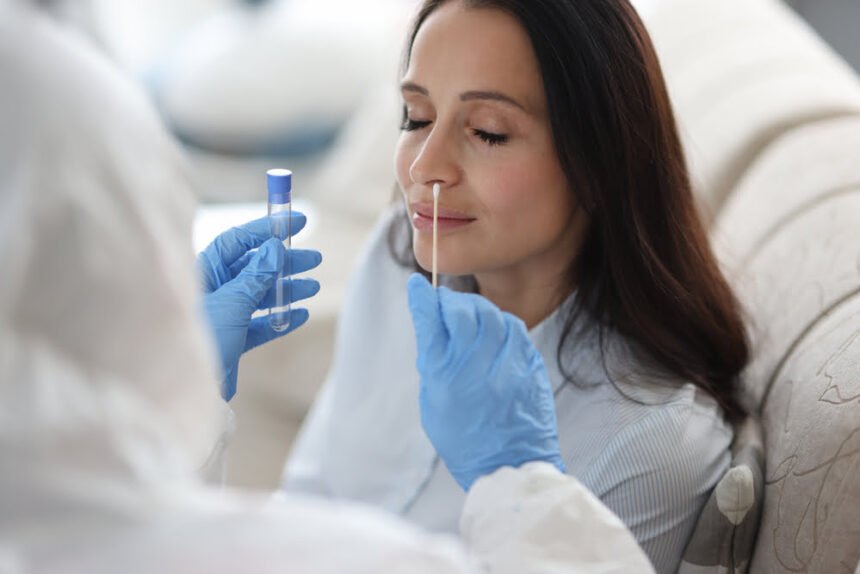The COVID-19 pandemic first started almost two years ago. There have been over 255 million infections around the world. Many experts believed that the crisis would be more or less over as the majority of people in the developed world have become vaccinated. However, it has become a very serious crisis that is still lingering, even in countries like Ireland where 75.5% of the population has been fully vaccinated.
Since vaccination alone has been insufficient to end the pandemic, there is still a need to test people to keep the virus in check as much as possible. Many people still have questioned about the coronavirus, which means that they will want to keep reading to learn more about what to do if they are worried that they might be positive or otherwise need to get a test.
Understanding What You Need to Do About PCR Testing
Testing through a PCR testing service in Glasgow when in Scotland, is necessary to identify if you have COVID-19 infection. You need to receive a PCR test as quickly as practically possible if you experience any of these three symptoms: high temperature, persistent cough and if you’ve lost or altered your senses of taste or smell.
You may also get a testing kit to be delivered to your home or schedule another consultation at a drive-through or walk-in testing center. Also, you may only have an antigen test brought to your house if you have a positive day two lateral flow travel test result.
The COVID-19 testing process is relatively simple and is completed quickly. Specialist testing operatives will help ensure that you understand the process and submit a sample for testing, which can be adequately analyzed at a lab.
Once your sample has been collected, it is sent off to a lab. Usually, you can get your results back within just a matter of hours due to the location of the testing center and the advanced equipment used to diagnose a positive test result.
Undergo A PCR Test Glasgow If You Don’t Have Symptoms
This service is also accessible if:
- You’ve been in contact with somebody who has tested positive for COVID.
- A local authority or anyone from NHS Test and Trace has requested you to have a test.
- You’ve been asked to obtain a test by your doctor or another health expert.
- A test has been required to verify a positive result.
- You must get a test for somebody you stay with who is experiencing symptoms.
- You were given an uncertain result and instructed to obtain another test.
When Is It Right to Self-Isolate, And What Must You Do About It?
If you’re having symptoms, you should immediately isolate yourself till you get your findings. This aids to prevent the virus from transmitting to other individuals.
You should instantly self-isolate if:
- You tested positive for COVID-19, indicating that you are infected with the virus.
- A person you have contact with has signs or has been proven positive.
- When you travel from one country to another country, you may be required to quarantine.
How To Isolate Yourself
- Don’t go to your workplace, university, or any other public location – If possible, work at home.
- Never use public transportation or cabs.
- Do not leave the house to acquire food or medication if you can avoid it– purchase it online or over the phone, or have it delivered to your house.
- Guests, even friends and relatives, are not permitted in your house unless they need medical care or have been given special permission to do so.
- Exercise a lot or in your backyard, if you do have one, rather than going out. You can also make an exercise plan for indoors.
When You Don’t Need To Isolate Yourself
If you meet any of the following criteria, you won’t have to isolate yourself if someone you deal with has COVID-19 symptoms or has tested positive for COVID-19:
- You are completely vaccinated, which means it’s been 14 days since your last dose of COVID-19 vaccination.
- You’re under the age of 18 and 6 months.
- You’re participating in or have previously participated in a COVID-19 vaccination research.
However, even if you are not experiencing any symptoms, you should:
- Check to see if you have COVID-19. You can take a PCR test in Glasgow
- Comply with the rules to avoid acquiring COVID-19 and spreading it if you do not qualify for any of the criteria that exempts you from isolating.
- Limit your interactions with those who are more susceptible to COVID-19.

